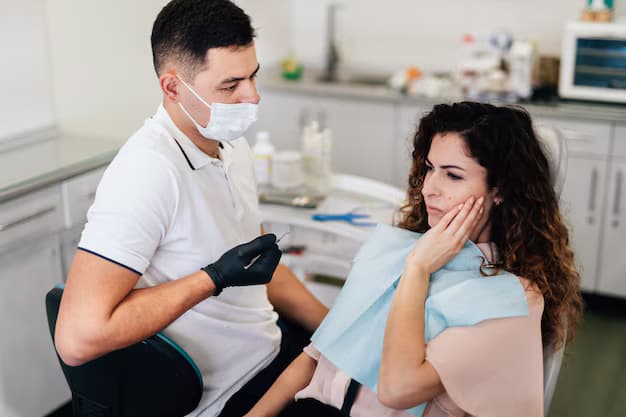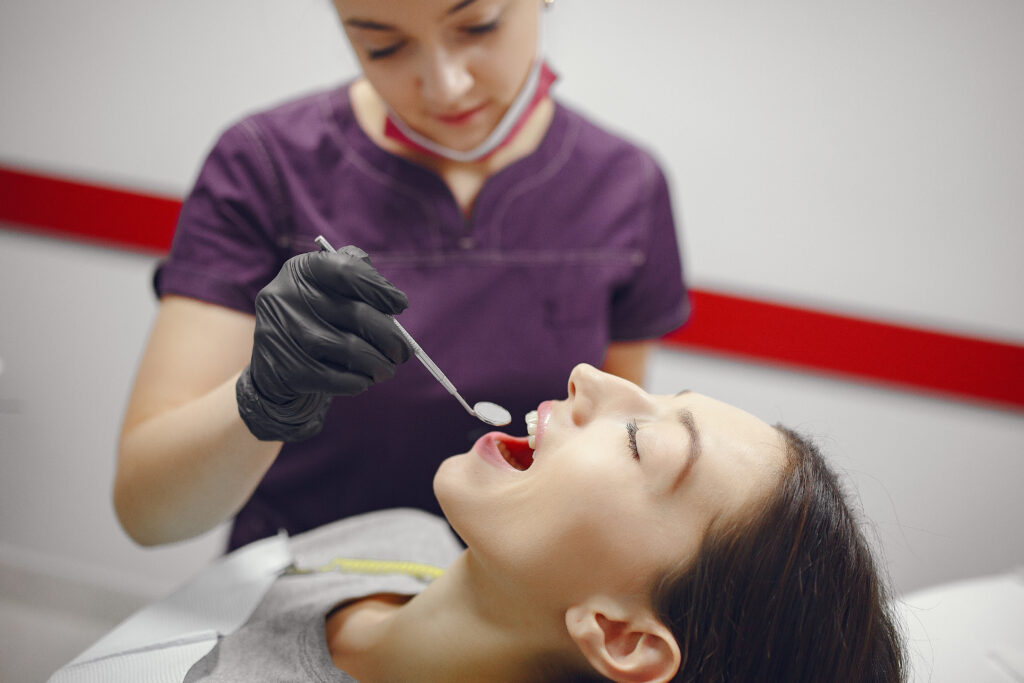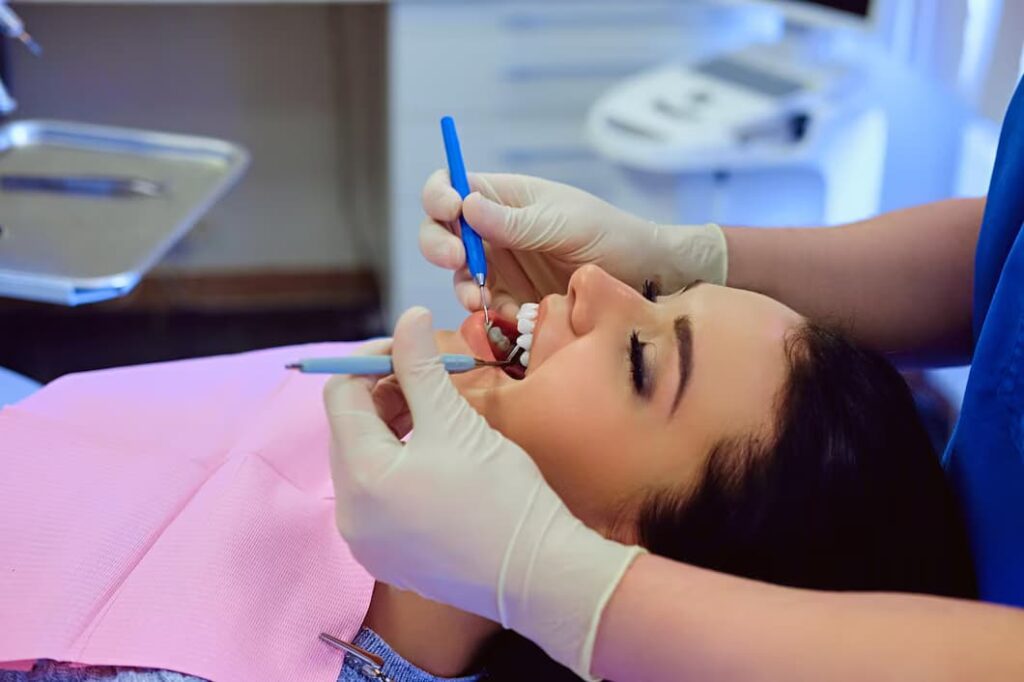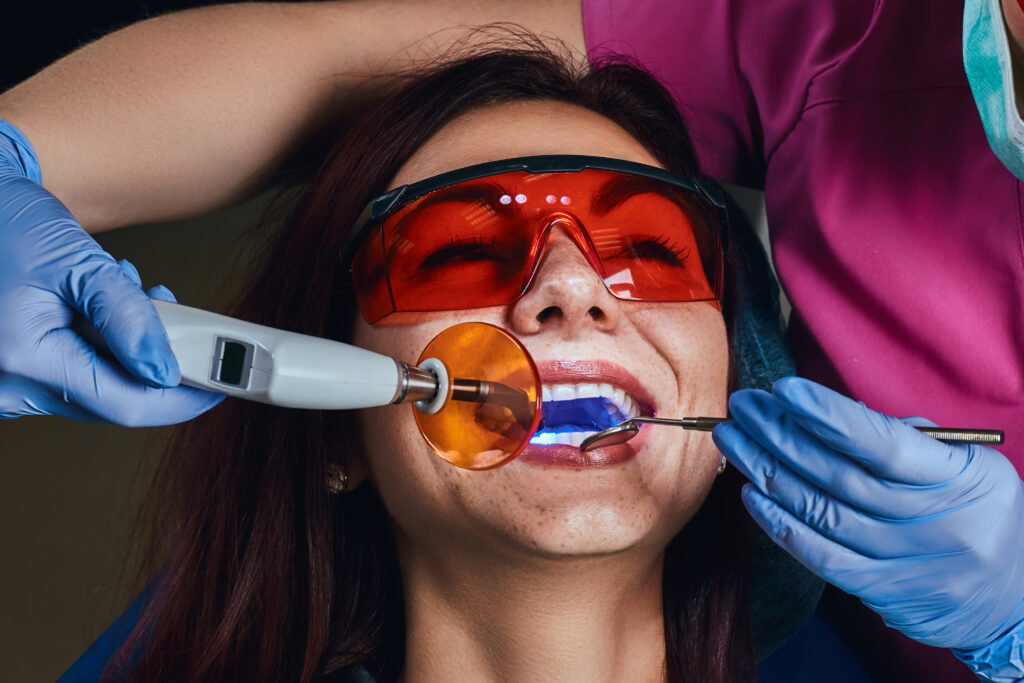Are Dental Sealants Right for Adults in Beverly Hills? Myths & Benefits
Key Takeaways You probably remember getting dental sealants as a kid. Maybe you were in grade school, sitting in the dentist’s chair, and thinking, “Why do I need this?” Fast forward a couple of decades, and many adults assume sealants aren’t for them anymore. That’s not entirely true. Adults, especially those with deep grooves in their molars and premolars, can benefit just as much from dental sealants. Dental sealants are thin protective coatings applied to the chewing surfaces of your back teeth. While kids often get them, adults in Beverly Hills can protect their teeth too, prevent more costly treatments, and maintain a healthy smile with minimal effort. How Sealants Work? Imagine your molars like a winding street with hidden alleys. Your toothbrush bristles can’t always reach every corner. They’re clear or tooth-colored coatings painted onto chewing surfaces. Once hardened, they act as a barrier against plaque and food particles. Even adults who brush and floss regularly can miss these grooves. Sealants fill that gap, literally and figuratively, helping teeth stay healthy without extra effort. Why Adults Should Consider Them One of the biggest myths is that sealants are only for kids. But adults develop cavities in the same back teeth that children do. Here’s when we suggest sealants: Take a 45-year-old chef. He’s on his feet all day, tasting food constantly, and his teeth are under more stress than most. After getting sealants, he avoided two cavities that were starting to form. He tells us, “I wish I’d done this ten years ago.” How Long Sealants Last Sealants aren’t permanent, but they last a good while; five to ten years is typical. We check them during routine visits and can touch them up if needed. Think of it like waxing a car: you don’t do it once and forget it, but it keeps things looking and functioning better. For busy adults in Beverly Hills, the convenience alone makes sealants appealing. You get protection without having to change your daily routine, no pain, no downtime. Benefits Beyond Kids Sealants do more than prevent cavities in children. For adults, they also: We’ve had adult patients tell us the sealants were a game-changer. One patient, a 50-year-old entrepreneur, said she felt like she got a little insurance for her teeth. No cavities, no fuss, just peace of mind. What to Expect During the Procedure It’s a fast, simple process. First, we clean and dry the tooth. Then, a gel preps the surface. Next, we paint on the sealant, and a curing light hardens it in seconds. Done. Depending on how many teeth need it, the whole thing takes about 20–30 minutes. No shots, no drilling, just protection. Some adults are surprised at how quick and painless it is. Beverly Hills Lifestyle Considerations Living here, we know people enjoy fresh juices, wine tastings, coffee, and sweet treats. All of these increase cavity risk. Sealants give a little extra protection if you’re busy or occasionally skip perfect brushing habits. We’ve also noticed sparkling water and acidic drinks can wear enamel over time. It’s a small step that makes a big difference. Are Sealants Right for You? Not everyone needs sealants. If you’ve never had a cavity and your molars are shallow, you might be fine. But for most adults, dental sealants are a smart, low-cost way to protect teeth. Final Takeaway Dental sealants are not just for kids. If you want to prevent cavities or take care of your teeth, sealants can help keep your smile healthy. Every day, we see adults who get sealants leave our office feeling relieved and confident. At Clove Dental’s Beverly Hills office, we want to help patients keep their natural teeth for life. Sealants are one of the many ways we do this.










